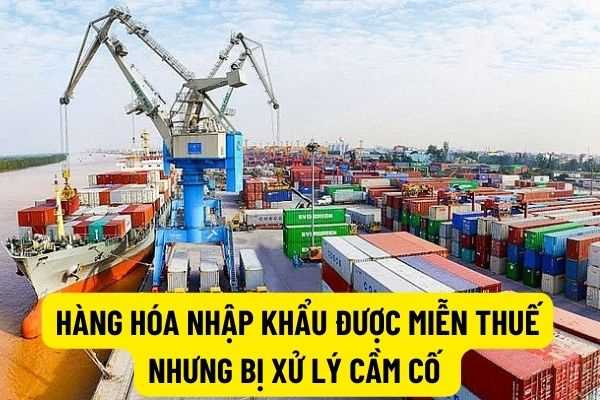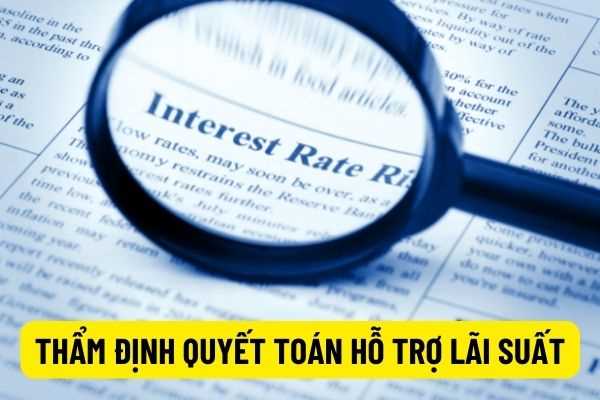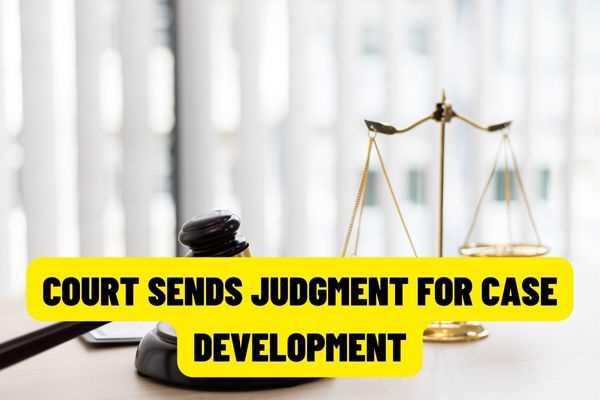Goods imported in Vietnam that are exempt from tax and pledged or mortgaged are handled by credit institutions to recover debts, how do they declare and pay tax?
- Goods imported in Vietnam are exempt from tax but then change the object or purpose of tax exemption, how to deal with it?
- Goods imported in Vietnam that are exempt from tax are pledged or mortgaged, how is tax declaration and payment done?
- Goods imported in Vietnam that are exempt from tax and pledged or mortgaged are handled by credit institutions to recover debts, how shall tax declaration and payment be handled?
Goods imported in Vietnam are exempt from tax but then change the object or purpose of tax exemption, how to deal with it?
Pursuant to Clause 5, Article 25 Decree 08/2015/ND-CP dated January 21, 2015 of the Government (amended and supplemented in Clause 12, Article 1 Decree 59/2018/ND-CP dated April 20, 2018 of the Government) stipulating:
- For goods exported in Vietnam, imported goods are not subject to export tax, import tax, and consumption tax. special consumption tax, value-added tax, environmental protection tax, or tax exemption, but then there is a change in the non-taxable object or tax-exempt purpose, a new customs declaration must be declared.
- Policy on management of export and import goods; Tax policies for exported and imported goods shall be implemented at the time of registration of the new customs declaration, unless the policy on management of exported and imported goods has been fully implemented at the time of registration of the declaration. initial.
Pursuant to Point b, Point d Clause 1 Article 21 Circular 38/2015/TT-BTC amended and supplemented in Clause 10, Article 1 Circular 39/2018/TT-BTC, stipulating:
- The transfer of domestic consumption or change of purpose of use of goods that have undergone export and import procedures can only be done after the customs declarant completes the procedure. customs procedures for the new customs declaration”.
- For goods that are changed for the purpose of use or transferred for domestic consumption, the taxpayer must declare and fully pay the tax and fine (if any) according to regulations.

Goods imported in Vietnam that are exempt from tax and pledged or mortgaged are handled by credit institutions to recover debts, how do they declare and pay tax?
Goods imported in Vietnam that are exempt from tax are pledged or mortgaged, how is tax declaration and payment done?
At point m, Clause 4, Article 17 Decree 126/2020/ND-CP dated October 19, 2020 of the Government stipulating the cases in which customs authorities perform tax assessment:
“m) Imported goods are exempt from tax, not subject to tax, the taxpayer pledges, mortgages as collateral for loans, in case the credit institution has to handle the pledged or mortgaged property according to the provisions of law to recover the debt but the taxpayer has not declared declare a new customs declaration, pay tax in full according to the provisions of the law on customs”
At Point b, Clause 6, Article 17 Decree 126/2020/ND-CP stipulates that imported goods that are exempt from or subject to tax may be pledged or mortgaged as collateral for loans due to taxpayers' inability to repay debts. If a credit institution handles tax payment according to the provisions of law, the time limit for tax payment is the date of signing and promulgating the tax imposition decision.
At point a, clause 8, Article 17 Decree 126/2020/ND-CP stipulates the responsibilities of tax preparers:
“... In case imported goods are exempt from tax or not subject to tax, the declarant pledges or mortgages them as property. To secure loans, taxpayers have not yet declared new customs declarations and fully paid taxes in accordance with the law on customs, but credit institutions must handle pledged or mortgaged properties in accordance with the provisions of law. the law for debt recovery specified at Point m, Clause 4 of this Article, the credit institution is responsible for paying tax on behalf of the tax declarer.
In Clause 6, Article 30 Decree 126/2020/ND-CP stipulates the duties and powers of commercial banks:
“Imported goods that are exempt from tax and not subject to tax, taxpayers pledge or mortgage to act as security assets. If the commercial bank has secured the loans but the commercial bank must handle the pledged or mortgaged property according to the provisions of law in order to recover the debt, the commercial bank shall provide information on the pledged or mortgaged goods to the customs authority. In order to carry out tax assessment, commercial banks are responsible for paying tax on behalf of taxpayers according to the tax assessment decision of the customs authority.
Goods imported in Vietnam that are exempt from tax and pledged or mortgaged are handled by credit institutions to recover debts, how shall tax declaration and payment be handled?
Follow Official Dispatch 1871/TCHQ-TXNK in 2022 on handling problems with goods imported in Vietnam exempt from tax as collateral for the General Department of Customs has the following comments:
- Based on the above provisions, in case of imported goods tax-exempt and non-taxable, taxpayers pledge or mortgage as collateral for loans, but credit institutions must handle pledged or mortgaged assets to recover debts, in case the If tax has not yet been declared and tax has been fully paid to the customs authority, the credit institution must make a new declaration and fully pay tax to the customs authority before handling the pledged or mortgaged property.
- In case the credit institution fails to declare a new customs declaration, fully pays tax to the customs authority, or the credit institution fails to declare it by itself, it shall provide information to the customs authority for tax assessment. According to the provisions of Article 17 of Decree No. 126/2020/ND-CP dated October 19, 2020 of the Government detailing a number of articles of the Law on Tax administration. Credit institutions are obliged to fully pay the fixed tax amounts, late payment interest and fines to the customs authorities in accordance with the law on tax administration.
LawNet


